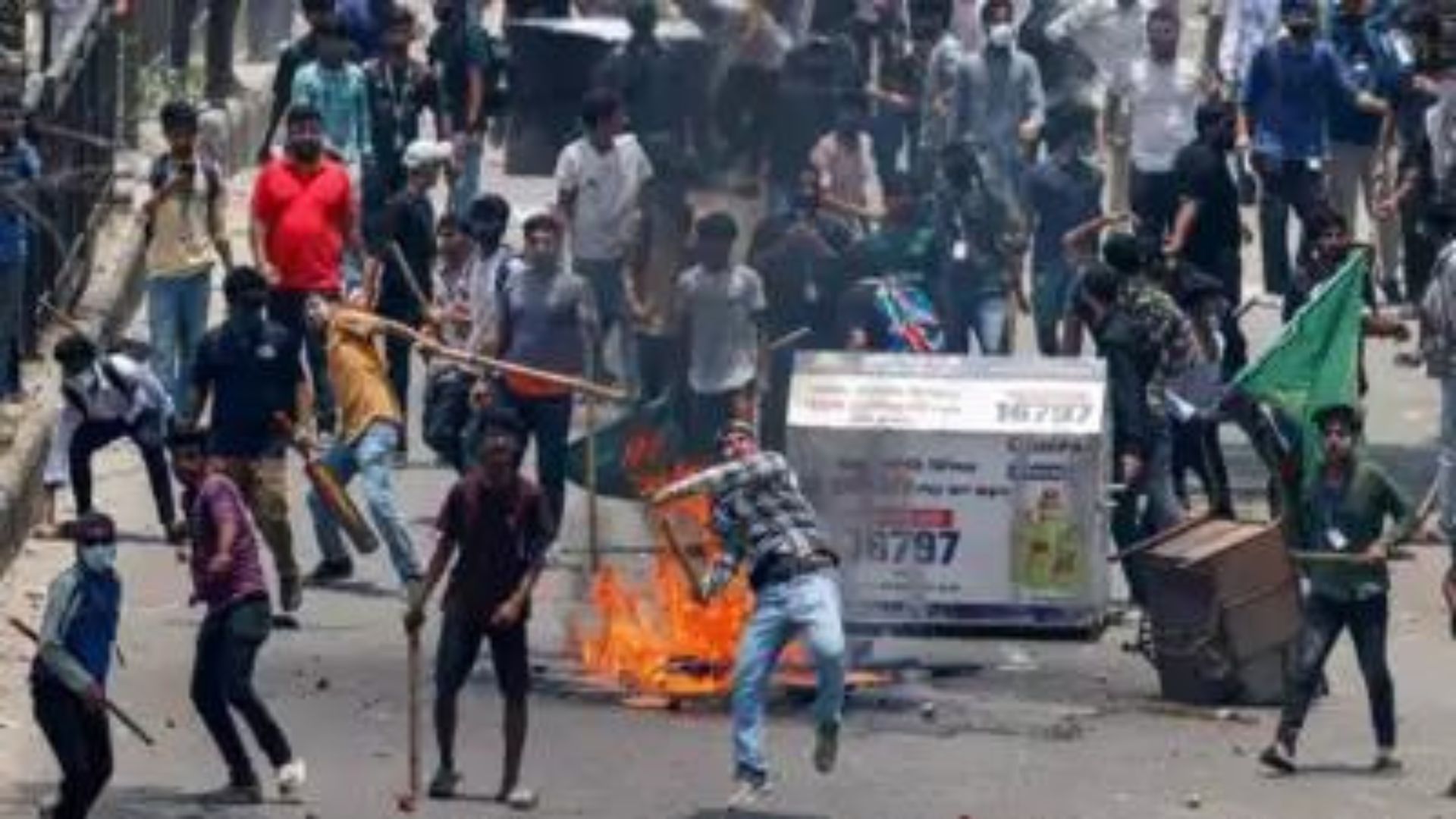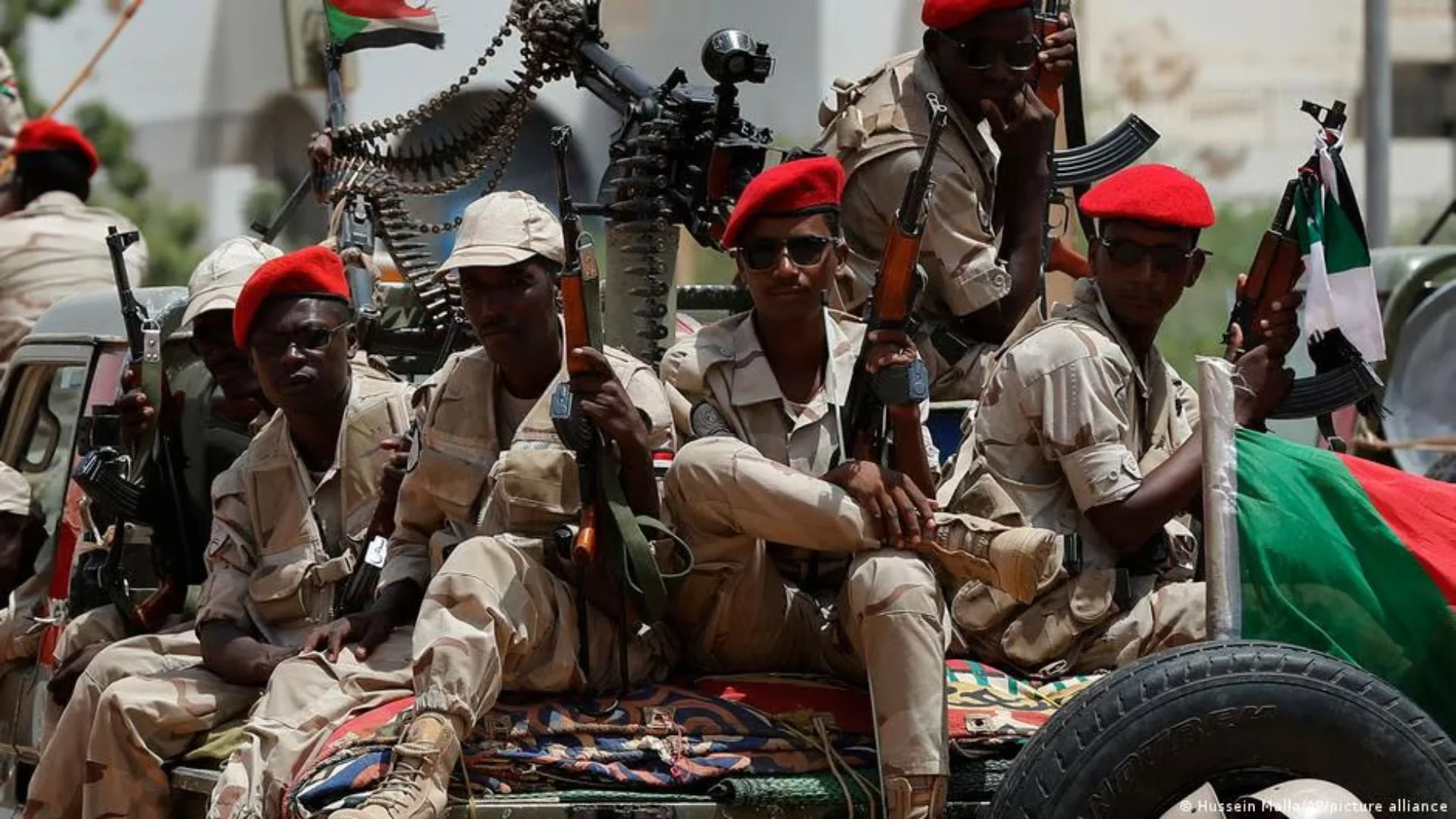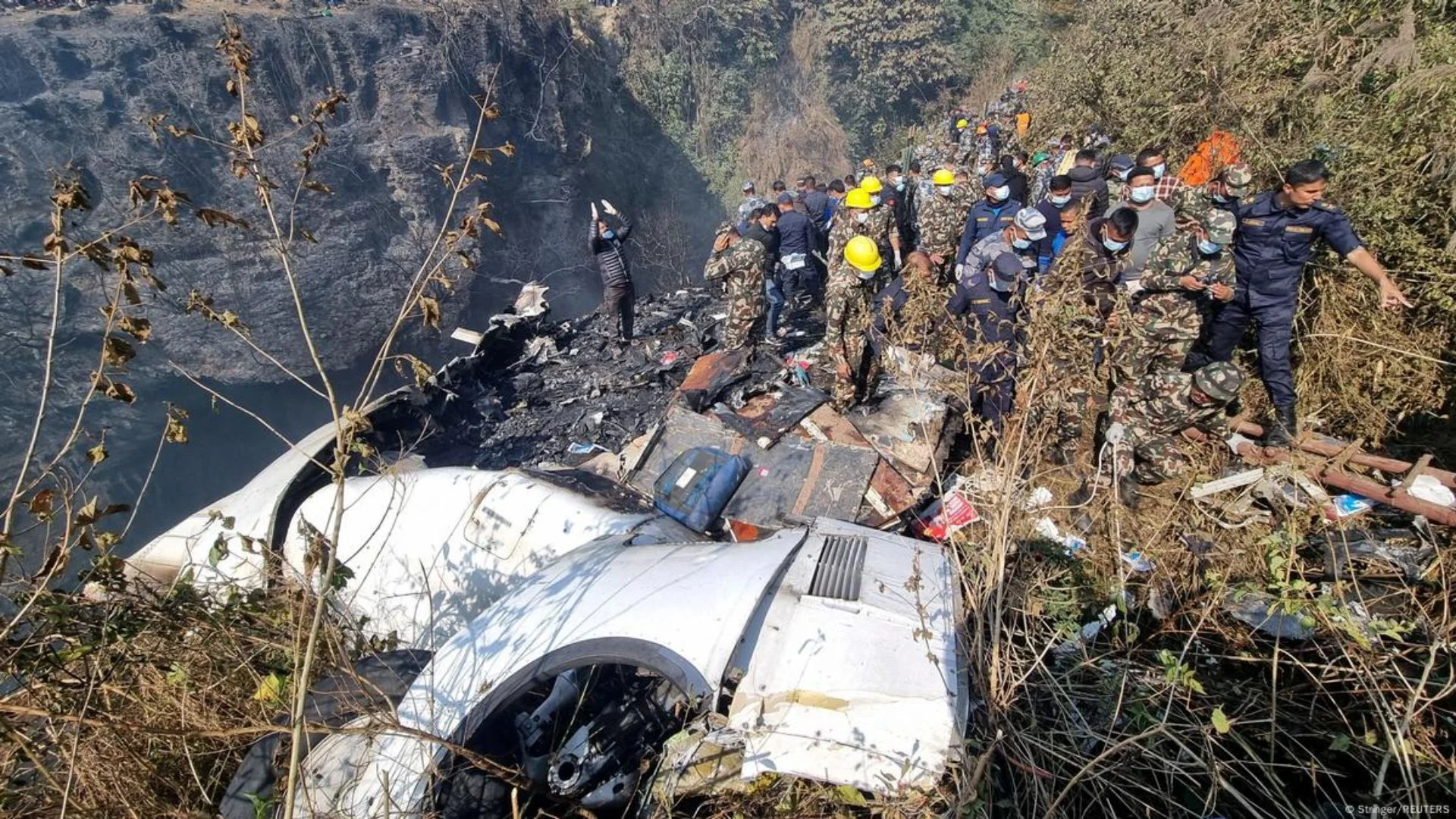On Monday, the Bangladeshi student group leading the protests, which have escalated into deadly violence, announced a 48-hour suspension of demonstrations. According to Nahid Islam, the leader, they did not want to achieve reform “at the expense of so much blood.”
What started as protests against an end to politicized admission quotas for government jobs, spiralled into some of the worst unrest during Sheikh Hasina’s tenure as prime minister. A curfew has been imposed, soldiers patrol cities, and a nationwide internet blackout severely restricts the flow of information.
“We are suspending the shutdown protests for 48 hours,” Islam said from his hospital bed, where he was being treated for injuries inflicted by those whom he claimed to be undercover police. He called on the government to lift the curfew, to restore internet access, and to stop targeting student protesters.
On Sunday, the Supreme Court slashed the number of reserved jobs for such groups as the descendants of “freedom fighters” from Bangladesh’s 1971 liberation war. Islam said movement leaders wanted quota reform but “we never wanted this kind of reform at the expense of so much blood, so much killing, so much damage to life and property.”
The violence has killed at least 163 people, including some police officers; isolated incidents are continuing. Four people with bullet injuries were admitted to Dhaka Medical College Hospital on Monday. Authorities have arrested at least 532 people in the capital since the protests began last week, including opposition leaders.
Ali Riaz, a politics professor at Illinois State University, denounced the violence, saying it was “the worst massacre by any regime since independence.” He said that “the regime only believes in using bayonet and does not care for human lives.”.
Noble Peace Prize winner Muhammad Yunus has called on the world leaders and the United Nations to do their best to stop the violence and bring to justice those responsible for the killings. Yunus had crossed swords with Hasina earlier, when he came out strongly against the way the present government has handled things, pointing out that some of the victims were high school students.
Questions have been raised by diplomats over the Bangladesh authorities’ reaction to protests. US Ambassador Peter Haas charged Foreign Minister Hasan Mahmud with presenting a one-way presentation of the events by not rolling out film footage showing the police firing at unarmed protesters.
The Supreme Court ruled to bring down job quotas from 56 percent to 7 percent, still keeping a big chunk for “freedom fighters’ descendants,” which disappointed protesters who demanded the total revamp of the system. Critics state that this quota system allows them to hire loyalists of Hasina’s ruling Awami League and accuse her government of manipulating the judiciary and misusing state institutions to keep power and quash dissent.







